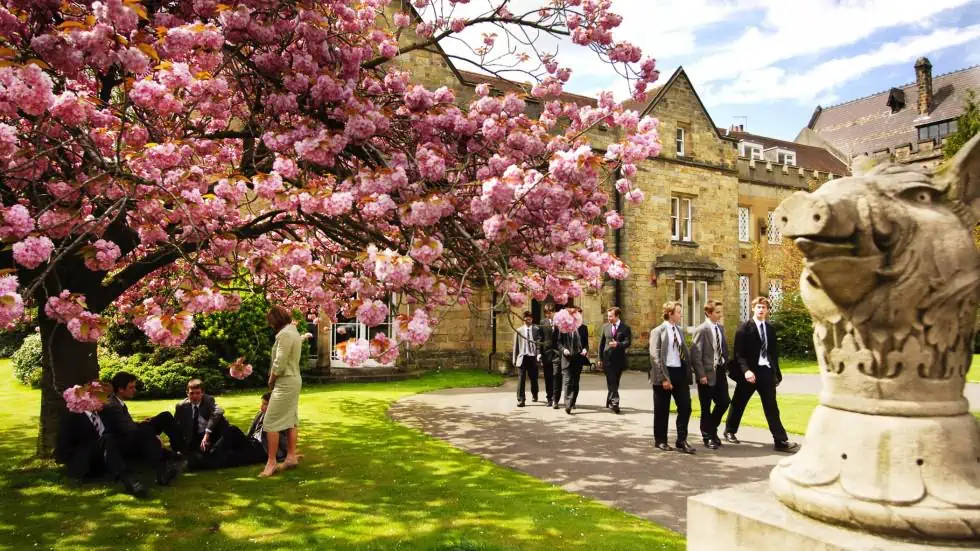“What is this ‘whole child approach’ I keep coming across?”
Whole child development has never been more represented and appreciated by boarding schools than it is now.
Essentially, the quality of an education is not based on grades alone, but social and emotional issues are also addressed when a stringent whole child approach is followed.
Excellent pastoral care systems ensure that whole child development can be sustained, as expected at high fee-paying schools.
Let me, however, cite a few revealing examples which depict the whole child approach. Fifteen out of 16 runners finish a 1,500-meter race in good time and are all applauded. The child who comes in last place finishes 30 seconds after everybody else but is still clapped. Therefore, participation on the children’s side, and countering perceived humiliation and giving encouragement on the side of teachers and staff, are key facets of the whole child approach. Top schools have such support systems in place and students can develop their resilience – a key skill required later on at university and in the workplace.
I recently reviewed UK boarding school-related news with my colleagues and we were all pleasantly surprised by the goings on at Haberdashers’ Aske’s Boys’ School in Elstree, Hertfordshire. In essence, a chemistry teacher offers yoga lessons to pupils in eight-week blocks. The teacher is convinced that yoga succeeds in improving the well-being of pupils and that it also helps to reduce academic-related stress and other social pressures pertaining to social media, for instance.
Schools are beginning to cover all bases to help pupils feel relaxed and perhaps at an advantage when it comes to exam time. Tonbridge is another which teaches mindfulness (meditative methods).
Educating the “whole child” also means an emphasis on creativity. On the one hand, children have to prepare for exams. On the other, they experience hands-on learning.
For instance, they may do gardening or, as is the case at Abbotsholme, Mount House Prep and Lancing College, pupils get out into the Great Outdoors by learning about conservation and animal welfare on school-run farms.
The term “whole child approach” seems to be in widespread circulation and practice.
Mabel Chan is a principal consultant at Britannia StudyLink.
Picture: Tonbridge School
Origianl article: http://www.thestandard.com.hk/section-news.php?id=175207&fc=15

